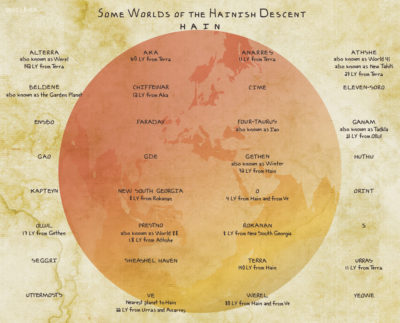Alright, we’ve officially hit the spring. Like (hopefully) all of you, I’m ready to move along to that spring reading. Let’s see what we’ve got!
Max Chafkin – The Contrarian
Chafkin gives us a biography of Peter Thiel. You know, the billionaire Silicon Valley venture capitalist and early funder of Facebook, now turned hardcore Trumpist. Chafkin does all the things a good biographer does. He tells us about Thiel’s childhood, his college days, his life in Silicon Valley, and then his foray into far-right politics. But he also reveals Thiel as a figure of deep tensions.
Thiel is a gay man who spent his college years in alliance with far-right homophobes. He identifies as a libertarian, and yet one of his companies (Palantir) makes anti-privacy tools for the government. Thiel rails against Silicon Valley and the tech industry while remaining a major figure thereof.
How does it all fit together? Chafkin identifies Thiel as a full-time contrarian. He bases his worldview on what we now call ‘owning the libs.’ 50 years ago, maybe we’d have called it ‘getting a rise out of people.’ In other words, he’s a very, very wealthy troll. That makes him a very American figure.
Anne Helen Petersen and Charlie Warzel – Out of Office
In theory, this is a book about remote work during the pandemic – two journalists writing about work and young people. But in practice, the book moves deeply into self-help and psychological issues.
Petersen and Warzel aim the book at white-collar workers whom the pandemic pushed into remote work. Their audience is overworked and frazzled – already during the pre-pandemic times, but even more so during the pandemic. The authors want to use the book to create new work norms. And they think the pandemic offers opportunities to rethink the everyday practices of white-collar work.
In some ways, the book gives us a primer on a certain sort of Millennial liberal or progressive politics. The authors frequently hint at or scratch the surface of the core issues with the workplace. They even speak favorably about unions. But they never get at the core of the problem. They seem like people who would’ve voted for Elizabeth Warren (perhaps by way of supporting Kamala Harris or even Kirsten Gillibrand at earlier stages) in the 2020 Democratic primaries.
Ursula Le Guin – Hainish Stories
So, Le Guin wrote a number of shorter stories as a part of her Hainish Cycle. They’re nifty little stories, and I read through them pretty quickly. They expand the range of her fictional vision.
In a brief introduction, Le Guin explains that she doesn’t see the stories as a part of a coherent fictional universe. And so, she’s not too worried about tensions or contradictions. But methinks Le Guin doth protest too much. I thought they fit the fictional universe quite well. In particular, I enjoyed ‘The Day Before the Revolution.’ It tells a satisfying tale of a revolutionary leader as an old woman.
Veronica Roth – Four
So, yes, this is the same Veronica Roth who wrote the Divergent series. Readers might remember that as a successful book series and unsuccessful film series. And, yes, this is another book in the same fictional universe.
Here, Roth gives us a series of short stories and novellas about the characters from Divergent. She tells the stories from the perspective of Tris’s boyfriend Four. Yes, he of the ‘only four fears.’
Are we talking about great literature here? No. The stories have the same basic strengths and weaknesses of the main series. The premise is interesting, and it has some decent action scenes. But the premise still isn’t very plausible, and Roth doesn’t give us anything to make it more plausible. Nor does she elaborate on it in a very satisfying way.
Readers looking for light reading to pass the time could do a lot worse.
